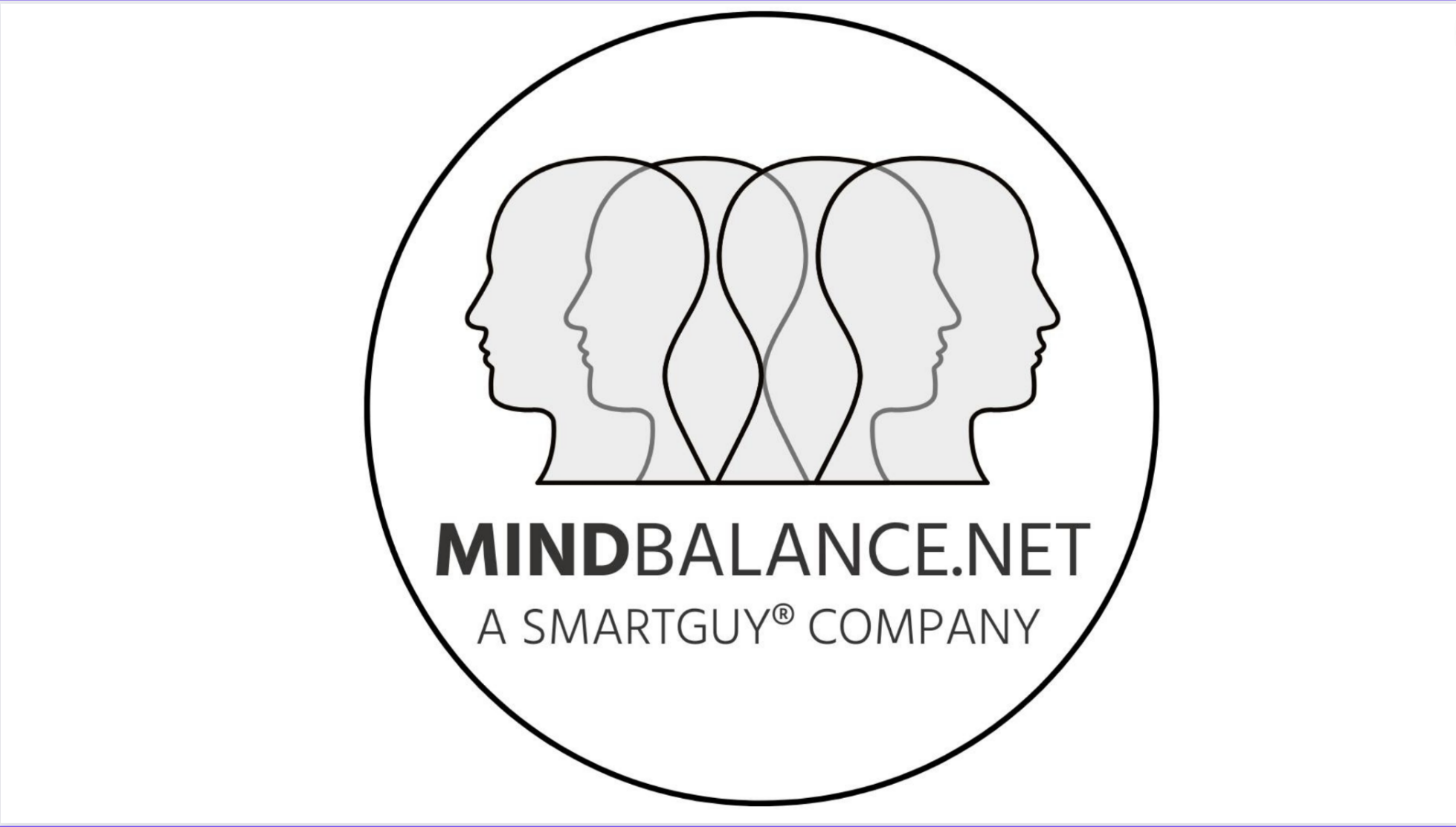Balancing Act - How Understanding Personalities Could Unlock World Peace
Achieving world peace has long been an aspirational goal, but it faces several substantial obstacles, each intertwined with complex global dynamics.
Political Conflicts and Power Struggles
Political conflicts, often rooted in historical disputes, power struggles, and territorial claims, significantly hinder world peace. Notable figures like Nelson Mandela and Martin Luther King Jr. have demonstrated that peaceful resolutions are possible, yet their rarity highlights the challenge. Mandela famously said, "Peace is not just the absence of conflict; peace is the creation of an environment where all can flourish." This suggests that the resolution of political conflicts requires not only the cessation of hostilities but also the creation of a supportive environment for all involved parties.
Economic Disparities
Economic inequality, both within and between nations, is a major barrier to peace. As economist Jeffrey Sachs points out, "A world divided by wealth and poverty, health and sickness, food and hunger, cannot long remain a stable place." This disparity leads to conflicts as nations and groups vie for resources and economic dominance.
Cultural and Religious Differences
The world’s diverse cultural and religious landscape, while a testament to human variety, also presents challenges. Misunderstandings and intolerance can lead to conflict. The Dalai Lama, a symbol of peace and tolerance, often speaks about the importance of understanding and respecting different cultures and religions as a path to peace.
Environmental Issues
Environmental degradation and resource scarcity are increasingly becoming sources of conflict. Former UN Secretary-General Ban Ki-moon stated, "There can be no peace without sustainable development and no sustainable development without peace." Environmental stress can lead to competition over resources, exacerbating existing tensions and potentially leading to conflict.
Solution - Balancing Personalities for Unity
One innovative solution lies in balancing individual personalities and fostering understanding at the grassroots level. Psychological research suggests that people’s personalities greatly influence their reactions and interactions. By promoting education and awareness about different personality types and encouraging empathy and open-mindedness, we can reduce misunderstandings and conflicts. This approach, akin to what Carl Jung might advocate, focuses on the individual's role in contributing to a peaceful world by understanding and balancing their inner dynamics.
In conclusion, while the path to world peace is fraught with obstacles, a multi-faceted approach that addresses political, economic, cultural, and environmental issues, combined with a deep understanding of human psychology, can create a foundation for lasting peace. This vision requires the collaboration of global leaders, thinkers, and individuals alike, each contributing in their own way to this monumental yet achievable goal.
For more information, visit www.MindBalance.net
Category: Mind Balance
Related Articles
- how to balance your mind and achieve greater happiness
- Jerusalem's Lesson - A Blueprint for Global Harmony Among Diverse Faiths
- Grilled Salmon with Lemon Butter Sauce
- Overcoming Ego and Self-Centeredness - Lessons from World Religions
- Bridging Beliefs - Finding Common Ground in Love and Respect
- A Universal Prayer for Peace and Understanding Embracing Diverse Faiths
- How to become more visionary
- MindBalance not only helps individuals but couples stay together longer
- Bridging Divides - Understanding Barriers to Unity and Happiness in World Religions
- Mastering the Mindset Shift - Effective Tips for a Positive Transformation
- Stuffed Bell Peppers with Quinoa and Black Beans
- Mind Balance - 100 Innovative Ways it Can Unleash Your Full Potential
- Building a Positive Attitude - Strategies for a Happier and More Fulfilling Life
- Stress Management Strategies-Your Roadmap to a Calmer and Healthier Life
- Discovering Hinduism - A Deep Dive into Its Traditions Texts and Teachings
- Unlocking Potential - The Power of Personality Assessment in Overcoming Obstacles
- Understanding Buddhism - Insights into Its Teachings Meditation and Cultural Impact
- Herb-Crusted Ribeye Steak with Bone Broth Reduction
- Fostering Harmony Among Christianity Islam Buddhism Hinduism and Judaism
- Mind Balance - for those who dare to redefine their limits
Business News
Popular Posts
- Universal Pursuit of Happiness - Wisdom from World Religions
- Overcoming Ego and Self-Centeredness - Lessons from World Religions
- Transcending Materialism - Spiritual Practices from World Religions
- Overcoming Prejudice and Intolerance - Guidance from Global Faiths
- How Mind Balance Can Improve the Mindsets of Employees
- Interfaith Insights by 1WorldPeace - The Top 100 Universal Beliefs in Global Spirituality
- Bridging Beliefs - Finding Common Ground in Love and Respect
- The SmartGuy Vision - A United Future Through Interfaith Love and Respect
- A Cautionary Vision - The Grim Future of a Divided World Without Love and Balance
- A Tapestry of Faiths - Exploring the Common Threads in World Religions
- Fostering Harmony Among Christianity Islam Buddhism Hinduism and Judaism
- Preparing Kids for Adulthood - 15 Vital Skills They Wont Learn in School
- Navigating Diversity - Jerusalem's Tactical Approach to Interfaith Harmony
- Clearing Mental Plaque: The Path to Enhanced Communication and Divine Connection
- Why Return to Jesus Christ and the Church
- Top 50 Ways to Live Longer
- Adventurous Romance -The Key to Enhancing Relationship Chemistry
- Pork Tenderloin with Mustard Cream Sauce
- Navigating Technology and Media for Optimal Mental Well-Being
- Understanding the Link Between Mental Health and Substance Abuse
